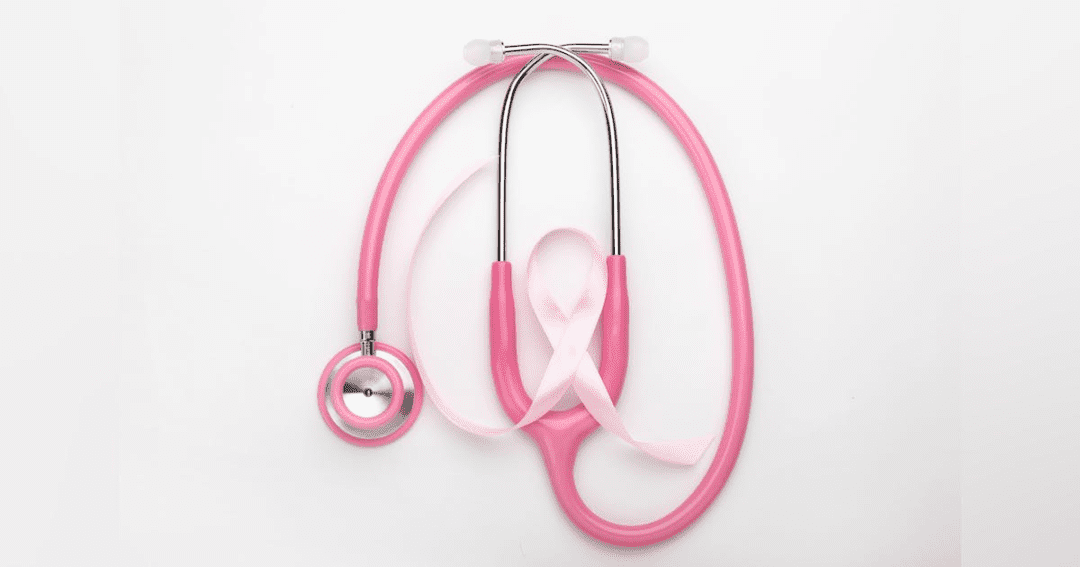A new paper in the Journal of the National Cancer Institute, published by Oxford University Press, finds that menopausal hormone therapy for breast cancer survivors is not associated with breast cancer reoccurrence, despite worries among some researchers and physicians.
Hot flashes and night sweats, as well as vaginal dryness and urinary tract infections, plague breast cancer survivors frequently. These symptoms worsen the quality of life and can lead patients to discontinue therapy. These symptoms may be alleviated by vaginal estrogen therapy or menopausal hormone therapy. However, the safety of systemic and vaginal estrogen use among breast cancer survivors, particularly those with estrogen receptor-positive disease, has been unclear.
Many doctors caution breast cancer survivors against using menopausal hormone therapy following the demonstration of an increased risk of breast cancer recurrence in two trials in the 1990s. Though subsequent studies have not shown increased recurrence, such studies had serious limitations, including small sample sizes and short follow-up periods.
Researchers investigated the association between hormonal treatment with the risk of breast cancer recurrence and mortality in a large cohort of Danish postmenopausal women treated for early-stage estrogen receptor-positive breast cancer.
The study included longitudinal data from a national cohort of postmenopausal women, diagnosed between 1997 and 2004 with early-stage breast cancer who received no treatment or five years of hormone therapy, as ascertained from Denmark’s national prescription registry.
Among 8461 women who had not received vaginal estrogen therapy or menopausal hormone therapy before a breast cancer diagnosis, 1957 and 133 used vaginal estrogen therapy or menopausal hormone therapy, respectively, after diagnosis. The researchers here found no increase in the risk of recurrence or mortality for those who received either vaginal estrogen therapy or menopausal hormone therapy.
This content was originally published here.







